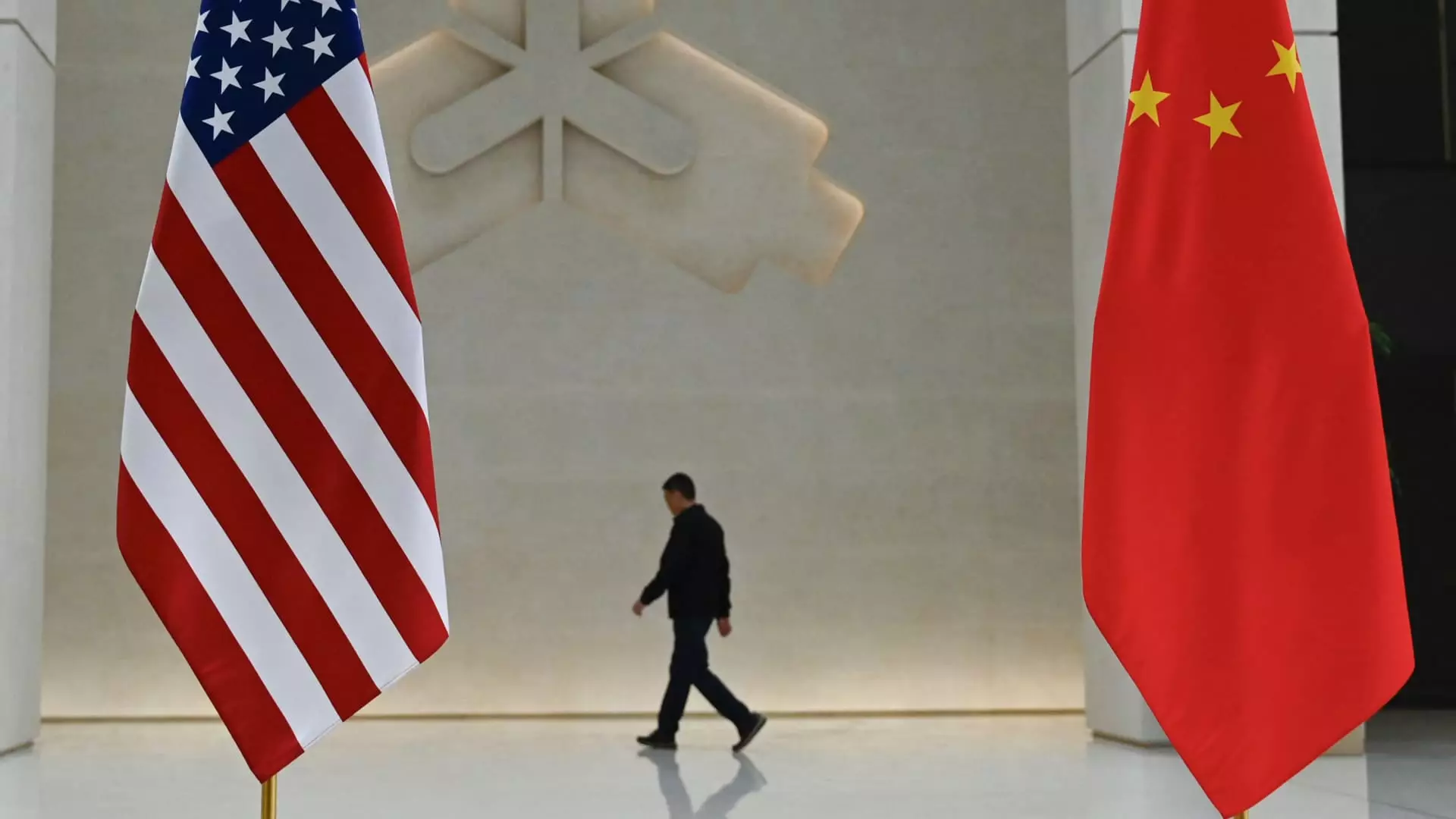The U.S. Deputy Secretary of State, Kurt Campbell, has recently mentioned that the United States is contemplating relaxing the travel advisories against its citizens visiting China. This move comes amidst concerns that the existing warnings may have impeded the cultural and academic exchanges between Americans and Chinese individuals. Campbell highlighted that the communication channels between Washington and Beijing have shown signs of normalization following a period of heightened tensions. However, he also expressed apprehension regarding China’s support for Russia’s activities in Ukraine, which has the potential to jeopardize the efforts to stabilize the bilateral relationship.
State Department Warnings and People-to-People Exchanges
The State Department has been issuing tiered warnings for U.S. citizens planning trips to China, advising them to reconsider their travel plans or exercise caution due to risks associated with the arbitrary enforcement of local laws, exit bans, and wrongful detentions. Despite these cautions, both countries have been working towards rebuilding people-to-people exchanges as a crucial component of managing the escalating competition between them. Campbell acknowledged that the travel advisories might have acted as a barrier to academic and other forms of exchanges, hinting at a potential revision of the existing warnings.
On the other hand, China has also issued its own travel alerts for its citizens traveling to the U.S. The Chinese government has criticized what it perceives as an increase in the harassment of Chinese nationals by U.S. authorities at entry points, an accusation that American officials have refuted. Despite China’s warnings, there are significantly more Chinese students studying in the United States compared to the number of Americans residing in China.
Campbell raised concerns about China’s substantial support for Russia’s actions in Ukraine, emphasizing that such backing could have serious implications for the relationship between the U.S. and China. He warned Beijing that if Russia were to gain territory in Ukraine, it would upset the balance of power in Europe in a manner that would be deemed unacceptable by the United States. Campbell pointed out that Russia’s activities were not isolated but were part of a coordinated effort involving China and North Korea.
Chinese Migration to the U.S.
In addition to the geopolitical concerns, Campbell highlighted the influx of Chinese migrants fleeing economic challenges in China and seeking refuge in the United States. He noted that despite the significant number of Chinese nationals migrating to the U.S., Beijing appeared to be indifferent to addressing this trend. Campbell expressed worry about the scale of Chinese migration to the U.S. in recent months, indicating that it was a matter of growing concern for U.S. officials.
The reconsideration of travel advisories towards China reflects a broader reevaluation of the U.S.-China relationship in the context of geopolitical dynamics and people-to-people interactions. The potential easing of advisories, coupled with concerns about China’s support for Russia and Chinese migration patterns, underscores the complexities and challenges in managing the bilateral ties between the two nations.


Leave a Reply